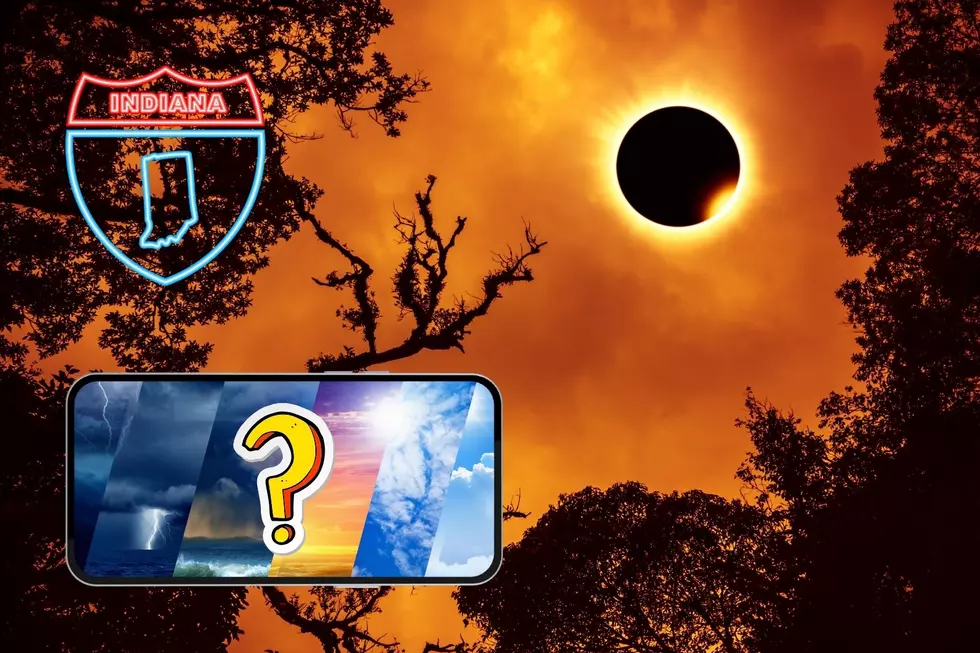
Illinois Department of Public Health Urges Residents to ‘Fight the Bite’ to Prevent West Nile Virus
The Illinois Department of Public Health (IDPH) is urging residents to take action as mosquito season is underway in the state. Positive batches of West Nile virus (WNV) have already been reported in four counties, prompting the IDPH to remind the public about the importance of "Fighting the Bite."
West Nile First Appeared in the US in 1999
West Nile virus emerged in the United States in 1999 and quickly spread across the country. In Illinois, it was first identified in September 2001. By the end of 2002, Illinois reported more human cases and deaths than any other state in the US.
Funding Issued for Mosquito Control in IL
To support mosquito control efforts, the IDPH has allocated $2.5 million in funding to local health departments across Illinois. This funding is used for vector surveillance and control activities, including larvicide application, WNV prevention and education, and investigation of mosquito production sites and complaints. Additionally, local health departments collect mosquitoes for testing and monitor sick or dead birds for West Nile virus.

Animals and Insects Can Carry West Nile
The IDPH maintains a comprehensive disease surveillance system to monitor animals and insects that can carry the virus. This system involves testing dead crows, robins, blue jays, mosquitoes, and horses. Mosquitoes acquire the virus by feeding on infected birds. Various stakeholders collaborate in testing and reporting suspect or confirmed cases of mosquito-borne diseases.
34 Human Cases of West Nile Reported in Illinois in 2022
Although no human cases of West Nile virus have been reported in Illinois this year, it is crucial to note that there were 34 human cases and eight deaths attributed to the disease in 2022, making it the highest number of deaths since 2018. Currently, ten batches of mosquitoes have tested positive for West Nile virus in Cook, LaSalle, Morgan, and St. Clair counties.
Mild Symptoms of West Nile
Mild cases of West Nile infections may cause a slight fever or headache, while severe cases manifest with high fever, body aches, disorientation, tremors, convulsions, paralysis, or death. Symptoms typically appear three to 14 days after a mosquito bite. Individuals aged 60 or older are at the highest risk for serious illness.
Seniors and Those with Weakened Immune Systems at Enhanced Risk
IDPH Director Dr. Sameer Vohra emphasized the significance of the disease, especially for seniors and individuals with weakened immune systems. He urged Illinois residents to protect themselves by wearing insect repellent outdoors and eliminating standing water where mosquitoes can breed.
First West Nile Case of 2023 Reported in May
While the first positive batch of mosquitoes for WNV this year was reported on May 30 in Evanston, it is worth noting that in 2022, the first positive batch was collected on May 24 in DuPage County. Last year, 44 counties in Illinois reported positive West Nile virus cases among mosquitoes, birds, horses, and humans.
How Is West Nile Monitored?
West Nile virus monitoring in Illinois involves laboratory tests on mosquito batches, dead birds, sick horses, and humans displaying West Nile virus-like symptoms. Local county or city health departments should be contacted if individuals encounter sick or dead crows, blue jays, robins, or other perching birds for potential testing.
How Is West Nile Transmitted?
West Nile virus is transmitted through the bite of infected Culex species mosquitoes. Common symptoms include fever, nausea, headache, and muscle aches, lasting from a few days to a few weeks. While most infected individuals do not show symptoms, severe cases can lead to meningitis, encephalitis, or even death. People over 60 and those with weakened immune systems are at higher risk.
Protect Yourself From West Nile
IDPH encourages the public to follow the three "R's" to Fight the Bite:
- REDUCE: Ensure doors and windows have tight-fitting screens, repair or replace damaged screens, and keep doors and windows shut. Eliminate or refresh standing water sources weekly, such as bird baths, ponds, flowerpots, and old tires.
- REPEL: Wear long pants, long-sleeved shirts, shoes, and socks while outdoors. Apply EPA-registered insect repellent containing DEET, picaridin, oil of lemon eucalyptus, IR 3535, para-menthane-diol (PMD), or 2-undecanone as instructed on the label. Consult a physician before using repellents on infants.
- REPORT: Inform local health departments or city governments of locations with stagnant water that has been present for over a week, such as roadside ditches and flooded yards. Larvicide can be added to the water to kill mosquito larvae.
To prevent West Nile encephalitis and other mosquito-borne illnesses, it is crucial to reduce mosquito populations and take personal precautions to avoid mosquito bites. For more information and prevention methods, visit the IDPH West Nile virus website or contact the Illinois Department of Public Health West Nile virus information hotline at 866-369-9710, Monday to Friday, from 8 a.m. to 5 p.m.
[Source: Illinois Department of Public Health]
LOOK: 11 tick-borne illnesses and what to watch out for during your outdoor adventures
LOOK: Counties with the Warmest Summers in Illinois
More From WBKR-FM









